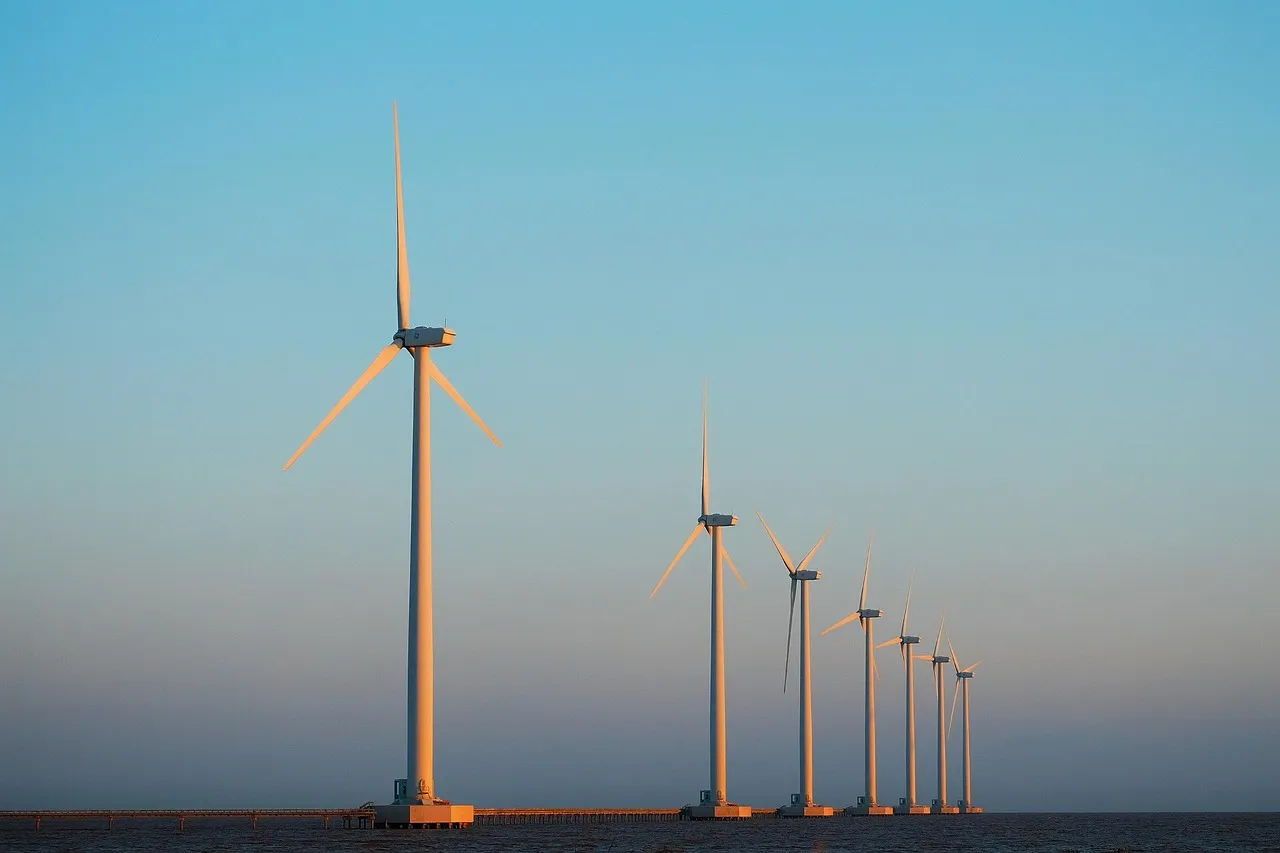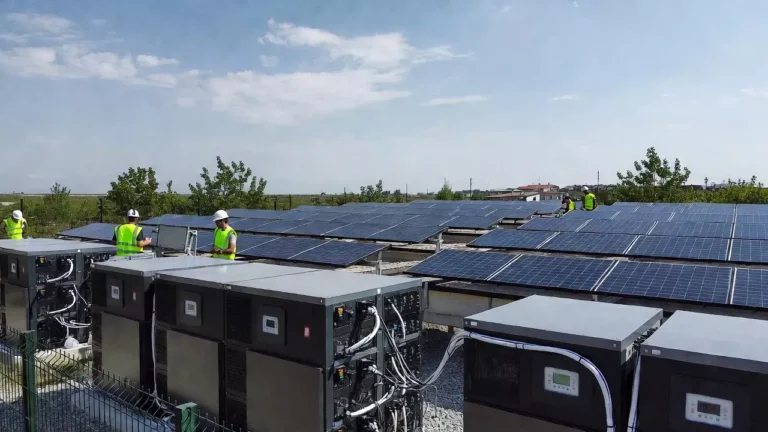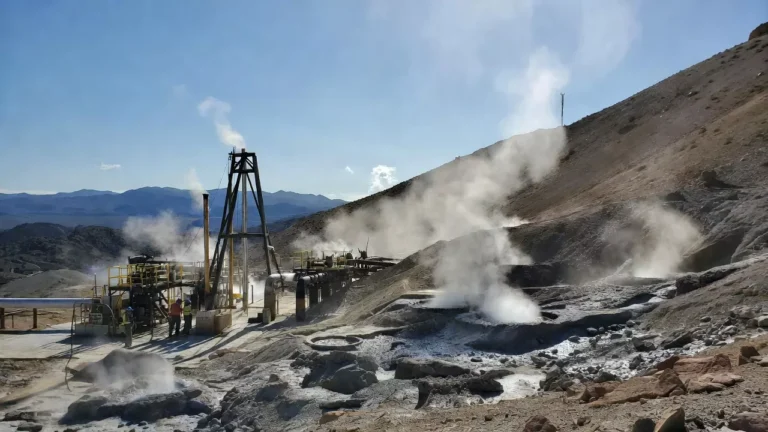
TotalEnergies Secures Major Offshore Wind Concession in Germany’s North Sea: A Strategic Step Toward Renewable Expansion
TotalEnergies SE (Paris:TTE) (LSE:TTE) (NYSE:TTE), a global multi-energy company committed to advancing the energy transition, has achieved a significant milestone in its offshore wind portfolio by securing the N-9.4 offshore wind concession in the North Sea. This new award strengthens the company’s footprint in Germany’s expanding renewable energy landscape and reaffirms its ambition to be a major player in Europe’s offshore wind sector.
A Strategic Location for Green Growth
The N-9.4 offshore wind concession, awarded by Germany’s Federal Network Agency (Bundesnetzagentur), is situated approximately 150 kilometers northwest of the island of Heligoland. Covering an expansive area of around 141 square kilometers, the site holds substantial potential for the development of up to 1 gigawatt (GW) of offshore wind power generation capacity. This concession is granted to North Sea OFW One GmbH, of which TotalEnergies is a key shareholder.
With a baseline concession duration of 25 years and the option for a 10-year extension, the project presents a long-term opportunity for stable and sustainable energy production. The concession’s location offers notable strategic advantages—it lies in close proximity to other key offshore sites, including N-9.1 and N-9.2, which are jointly held by RWE and TotalEnergies. This geographic clustering allows for an integrated approach to project development and operations.
By prioritizing the N-9.4 concession as part of a broader cluster development strategy, TotalEnergies aims to create meaningful operational synergies. These include cost optimization in both construction and maintenance, efficient use of shared infrastructure, and more streamlined logistics. In addition to enhancing the project’s financial viability, this integrated approach is expected to deliver better service and pricing outcomes for customers and help accelerate Germany’s clean energy deployment targets.
Commitment to Environmental Stewardship and Grid Support
In addition to its energy generation goals, TotalEnergies’ participation in the project is closely aligned with Germany’s environmental and sustainability frameworks. As part of the concession award process, Offshore Wind One GmbH will make a one-time payment of €18 million in 2026 to the German federal government. These funds are specifically earmarked for supporting marine conservation efforts and fostering sustainable fishing practices in the affected offshore region.
This commitment is particularly relevant as offshore wind farms, while providing clean energy, can have ecological implications on marine biodiversity. Through dedicated funding, TotalEnergies is actively contributing to ensuring that energy development does not come at the expense of ecological integrity.
Moreover, the project includes a long-term financial contribution to support grid infrastructure. Offshore Wind One GmbH will pay an annual sum of €8.1 million to the electricity transmission system operator (TSO) responsible for integrating the generated power into the national grid. This contribution will be paid for 20 consecutive years following the commissioning of the wind farm. The funding will play a crucial role in strengthening Germany’s transmission capacity and addressing one of the most pressing bottlenecks in the renewable energy sector—grid connectivity and reliability.
Navigating Grid Connection Delays: Strategic Review Underway
Despite the positive developments, the journey toward full implementation of the N-9.4 project and similar concessions is not without its challenges. One of the most pressing issues facing offshore wind developers in Germany—and across Europe—is the delayed timeline for grid connections. Transmission system operators (TSOs) in Germany have announced revised schedules that push back connection dates for multiple offshore projects.
In response, TotalEnergies has initiated a strategic review of the offshore wind concessions it has secured in Germany since 2023. This comprehensive assessment is aimed at evaluating the economic and technical feasibility of each project in light of the new TSO timelines. The review is also expected to serve as a basis for engaging in structured dialogue with German authorities. The goal is to explore potential policy adjustments or partnership mechanisms that could help de-risk project implementation and ensure timely delivery of renewable capacity.
This proactive stance underscores TotalEnergies’ pragmatic approach to project development. Rather than simply accepting delays, the company is leveraging its market influence and technical expertise to advocate for improved conditions that can benefit both investors and the broader energy transition agenda.
Accelerating Germany’s Energy Transition
Germany, as Europe’s largest economy, has set ambitious climate goals, including achieving net-zero greenhouse gas emissions by 2045. Offshore wind energy is a central pillar of the country’s strategy to decarbonize its electricity sector, which still relies significantly on fossil fuels. The German government aims to ramp up offshore wind capacity to 30 GW by 2030, 40 GW by 2035, and 70 GW by 2045.
TotalEnergies’ participation in this space represents not only a business opportunity but also a contribution to a critical national and continental objective. The addition of the N-9.4 project to the development pipeline aligns seamlessly with these targets and enhances supply security through diversified, renewable sources of power.
As part of a growing cohort of international players investing in Germany’s energy transition, TotalEnergies brings considerable global experience to bear. The company already has a strong offshore wind presence in other key markets, including the UK, France, South Korea, and the United States. This portfolio diversification allows it to apply best practices and cross-regional insights in optimizing project delivery.
Global Momentum in Offshore Wind
TotalEnergies’ pursuit of the N-9.4 concession is part of a broader global strategy to build a robust, integrated renewable energy portfolio. The company has committed to reaching 100 GW of renewable power generation capacity by 2030, with offshore wind expected to constitute a significant portion of this total.
This expansion aligns with broader global trends. Offshore wind is emerging as one of the fastest-growing sectors in the clean energy industry, driven by technological innovation, falling costs, and supportive regulatory environments. According to the International Energy Agency (IEA), global offshore wind capacity could grow fifteen-fold by 2040, with Europe expected to lead in deployment.
By securing new concessions and optimizing existing ones, TotalEnergies is positioning itself as a key enabler in this transition. The N-9.4 project, in particular, represents both an operational challenge and a strategic opportunity—to deliver large-scale, low-carbon energy while contributing meaningfully to Germany’s environmental and industrial goals.










